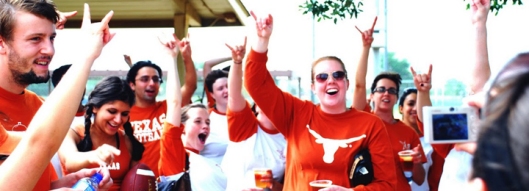What Does Culture Mean To Community?
What does culture mean to community? Everything.
“Culture” is defined as the “customary beliefs, social norms and material traits of a particular social group.” It comes from the latin word cultura, meaning “growing” or “cultivation,” which makes a great deal of sense when you consider the origins of our own cultures and how they evolve over time.
Culture is both a personal and collective experience. Our cultural experiences and identity grow from the communities we are a part of. It starts at home and spirals outward as we interact with the world around us. As a people, we derive our values and world views from the people and communities closest to us. Whether those values come from your parents, your teachers, your friends or from iconic cultural figures, the values we take away from our communities all profoundly impact the way we see and experience life.
That’s why community is so important.
The sharing of cultural values is undoubtedly give-and-take. We learn from others as others learn from us. While community might start as a relatively small group, people continue to expand their communities and the cultures that exist within those communities as their lives go on. This type of sharing helps us gain a greater understanding of each other, which is a necessary step in bringing us together.
Whether we define our communities as our families or our hometowns or our country, our cultural values will always be shaped by those communities while also holding those communities together. As we strive toward a global community it’s important that we remember this and discover the things that we all have in common. From our perspective at OurPangea it’s mutual understanding and common values that play a huge role in what can ultimately bring us together and make the world a better place.






